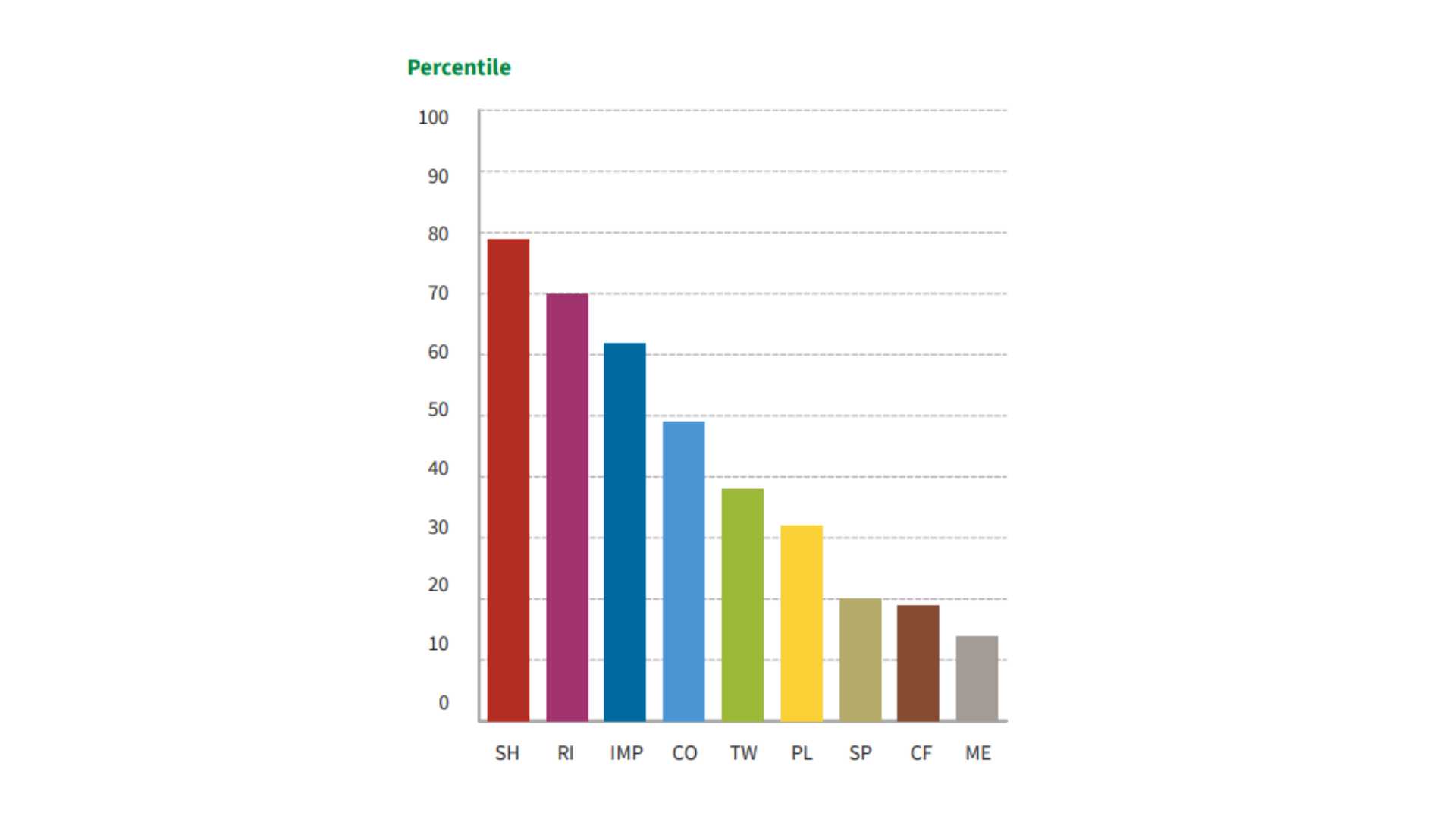Although some people have a clear vision early on of what they want to be and what profession they wish to pursue, most make this decision gradually, often exploring various options and asking themselves a series of questions about what their passion is, in which direction they want to educate themselves, and what they would like to do. Choosing a career can be a significant challenge for high school and university students selecting their niche, but also for anyone considering a career change.
Sources of support at that moment can vary, and information is sought from friends, family, or through independent research. Sometimes this is enough for a person to realize what they want to do. However, in certain situations, it can be beneficial to delve deeper and more systematically into which areas an individual can fulfil their full potential.
What is career counselling?
Exploring one's interests can also be supported by career counselling. This is a comprehensive process that, in a structured way, helps a person identify and implement the steps needed to achieve their career goals. Career counselling also involves certain aspects of personal development, enabling individuals to better understand themselves. It strengthens encouraging beliefs, the personal vision and mission recognition, and their focused pursuit.
Although there are certain overlaps, career counselling differs from coaching and psychotherapy in its application, depth, purpose, and focus. Career counselling is time-limited, and while it addresses emotional aspects, it is not as in-depth as psychotherapy.
The career counselling process typically includes advisory interviews, the application of psychological tests and questionnaires for assessment and self-assessment, and career development training, resulting in the definition of a career plan.
What are the key values of psychological and behavioural testing in career counselling?
One important element of career counselling is psychological and behavioural testing. It allows relevant information about an individual to be collected in a scientifically grounded way and considered in the context of potential career directions.
As part of career counselling, classic psychological testing is most used, including tests of cognitive abilities, personality questionnaires, and work values questionnaires. These reveal characteristics that are relatively stable in an individual over time. Behavioural questionnaires focus on measuring behaviour, showing the level of development of certain competencies and the preferences an individual has.
Cognitive abilities, personality, and work values form a kind of foundation, while competencies and preferences are additional elements that allow for clearer specification of areas in which a person can maximize their potential and feel comfortable and motivated.
How can the Belbin questionnaire assist in career choice, career change, and personal development?
The questionnaire developed through systematic scientific research by Dr Meredith Belbin and his collaborators can be useful for a range of team needs but also for individuals. In addition to helping build effective teams, the Belbin Team Roles® model can also be part of behavioural testing in career counselling.
Belbin Get Set is a version of the Belbin questionnaire adapted for students. The results indicate strengths and talents, helping students understand which behaviours and environments they prefer most. These suggestions can also be used to prepare for job searches, present themselves to potential employers, and successfully navigate work environments. However, it is important to note that Belbin Get Set does not indicate a specific career path but provides support to make its definition easier.
Although it can also be administered at universities, the Belbin questionnaire can also benefit those already employed but considering minor or major career changes. The Belbin methodology combines self-perception with others' perceptions, offering a more comprehensive insight into individual behaviour.
The results of this Belbin profile indicate that out of the 9 Belbin team roles, the person scores highest in the roles of Shaper, Resource Investigator, and Implementer, while the lowest scores are in the roles of Completer Finisher and Monitor Evaluator:

Accordingly, the individual will likely achieve their potential most easily in dynamic environments, in jobs requiring quick and efficient actions, taking risks, and where networking and recognizing opportunities are valued. They will probably feel good in competitive, high-pressure environments where goal achievement is important. They are also skilled in organization and planning, providing the team with structure and goal orientation. On the other hand, the results suggest that the individual does not prefer monotonous work environments or jobs requiring significant attention to detail, specialization in a narrow field, or prolonged deliberation about the direction of action.
Slower-paced work environments might cause frustration for this person, as might jobs where results cannot be achieved quickly or are sometimes not visible at all.
Although a single Belbin questionnaire cannot provide a definitive conclusion about a career path, Belbin questionnaire suggests the types of jobs which an individual might manage successfully. For example, this person could realize their potential in sales or business development positions, while roles in analytics or quality control are unlikely to suit them.
Considering that perceptions of workplaces are changing and that there is increasing focus on competencies and behavioural preferences, this approach offers a welcome width. It does not place individuals into fixed categories but provides tools for a clearer understanding of one's strengths and the environments that can support them.
What should you know if you’re considering career counselling?
It is important to know that career counselling is a structured and comprehensive process that requires personal investment and commitment. By working with a professional, through advisory conversations and completing questionnaires and tests, you will gain greater clarity about your career development direction.
The goal should not be to compile a list of positions you might handle well but rather to understand what type of work and work environment suits you best and how you can invest in yourself, your knowledge, and your skills to achieve your career goals.
If you want to learn more about the career counselling process or are interested in completing and interpreting our tests and questionnaires, feel free to contact us!



